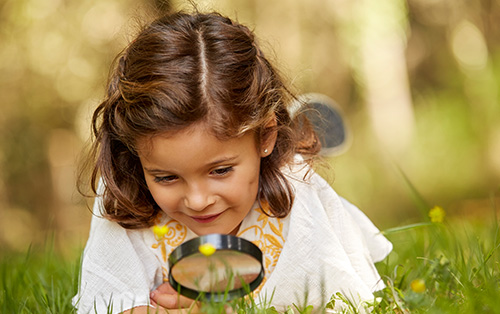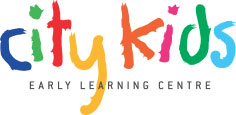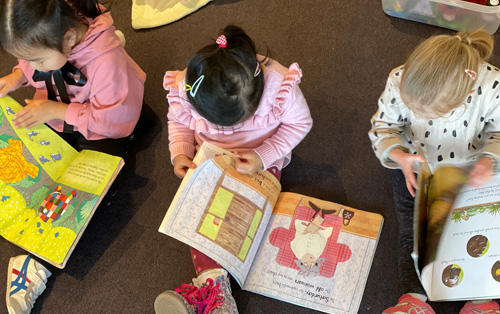
Preparing Your Child for Kindergarten: An Essential Guide for Parents

Starting kindergarten is a significant milestone in a child's life. For many Australian parents, there's the lingering question: "Is my child ready for kindergarten?" While each child is unique and will develop at their own pace, there are some skills and knowledge areas that can help make the transition smoother. Let's delve into what your child might benefit from knowing before they step into their first kindergarten classroom.
Social and Emotional Skills
Sharing and Taking Turns: This helps foster a cooperative classroom environment.
Expressing Feelings Appropriately: Being able to communicate when they're upset, happy, or need help.
Following Basic Instructions: This ensures they can participate in class activities and routines.
Independence and Self-care
Bathroom Skills: Using the toilet independently, washing hands, and basic hygiene.
Dressing Skills: Managing zips, buttons, and putting on shoes (even if not tied perfectly).
Eating Skills: Using utensils and opening lunchbox containers.
Basic Communication Skills
Expressing Needs and Wants: Can they ask for what they need?
Active Listening: Paying attention when someone else is speaking, such as the teacher or a peer.
Pre-academic Foundations
Recognition of Some Letters: Especially those in their name.
Counting: Recognising numbers up to at least 10 and some basic counting.
Shapes and Colours: Recognise basic shapes and primary colours.
Fine Motor Skills: Drawing, cutting, and holding a pencil correctly.
Basic Concepts of Books: Understanding that text is read from left to right and top to bottom.
Physical Development
Gross Motor Skills: Running, jumping, and climbing which are often part of playtime.
Coordination: Simple tasks like catching a ball or balancing on one foot.
Cultural and Environmental Awareness
Basic Understanding of Routine: Days of the week, and the concept of time (morning, afternoon, night).
Awareness of Their Surroundings: Recognising familiar places like their own home, park, or local shops.
Understanding of Basic Safety Concepts: Such as not talking to strangers and looking before crossing a road.
Curiosity and Enthusiasm
A child's eagerness to explore, ask questions, and learn is invaluable. Nurture their curiosity and instil a love for learning.
Tips for Parents:
Positive Reinforcement: Celebrate your child's successes, no matter how small. This will boost their confidence and motivation.
Routine: Establishing a consistent routine can help children feel secure and understand what's expected.
Play-Based Learning: Use playtime to foster learning. Games, puzzles, and storybooks are excellent tools.
Stay Informed: Australian states have different curriculum frameworks. Familiarise yourself with your state's early years learning framework to know what's expected in the kindergarten year.
* * * * *
Remember, the start of kindergarten is just the beginning of your child's formal education journey. They'll learn and grow tremendously throughout the year. It's essential to provide support, understanding, and patience.
Celebrate the journey and trust that with the right foundation, your child will thrive in the Australian education system.
Contact us today to discuss what we can do for your family

